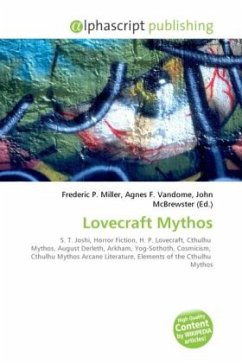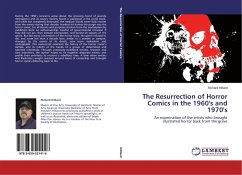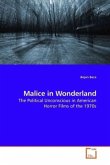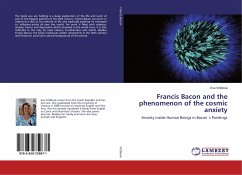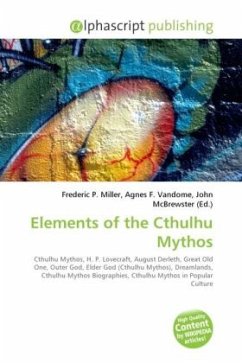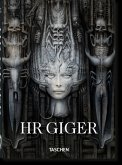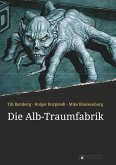The Lovecraft Mythos is the term coined by the scholar S. T. Joshi to describe the imaginary mythical backdrop, settings, and themes employed by the American weird fiction writer H. P. Lovecraft. Lovecraft's mythos is the foundation of a fictional myth-cycle known as the "Cthulhu Mythos", first recognized and developed by the writer August Derleth, that places a particular group of Lovecraft's stories into a separate and distinct category. Lovecraft himself, however, never used the term Cthulhu Mythos, nor did he acknowledge any individual distinctions among his stories. Nonetheless, Lovecraft undoubtedly recognized an underlying unity of certain imagined settings and deities in his tales, though the closest he ever came to naming this collective world was the Arkham cycle (after the main fictional town) or Yog-Sothothery (after one of the primary gods). Joshi identifies four key elements in Lovecraft's mythos: The fundamental principle of cosmicism, An imaginary New England setting, A pantheon of recurring "pseudomythological" entities, A collection of arcane books that supposedly yield insights into the mythology.
Bitte wählen Sie Ihr Anliegen aus.
Rechnungen
Retourenschein anfordern
Bestellstatus
Storno

